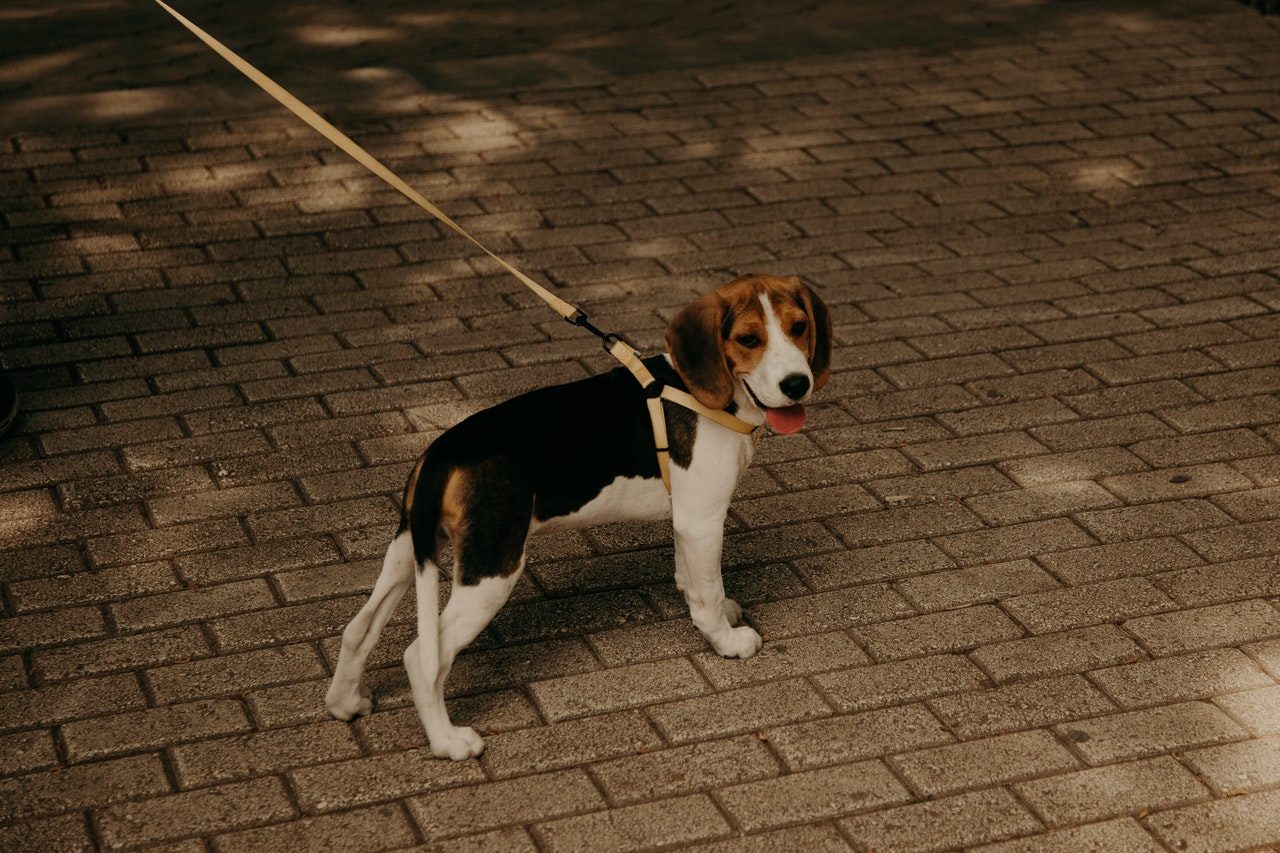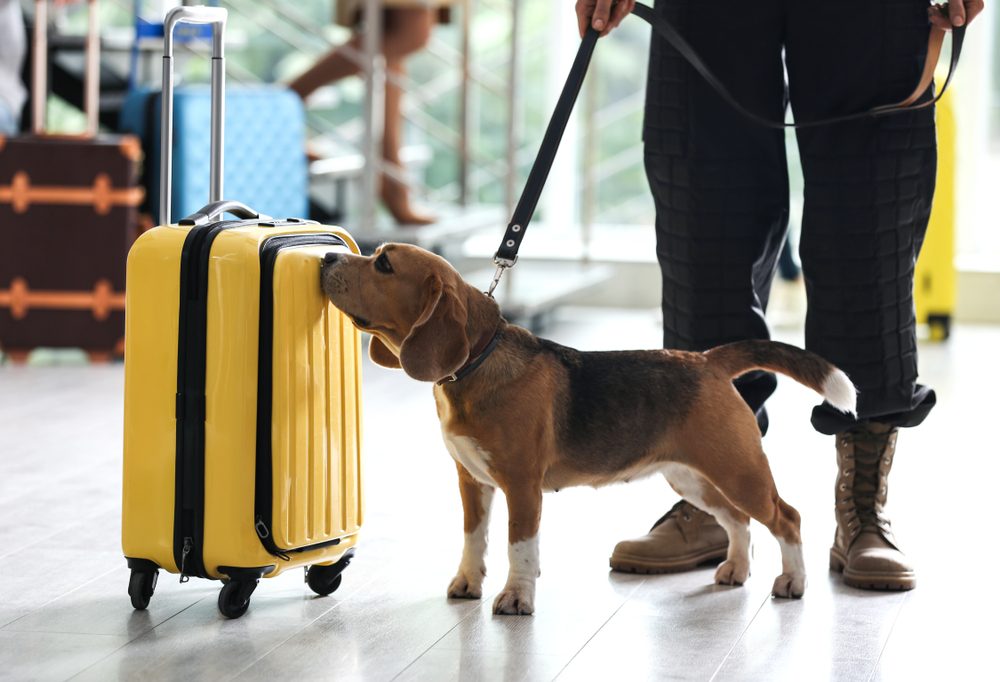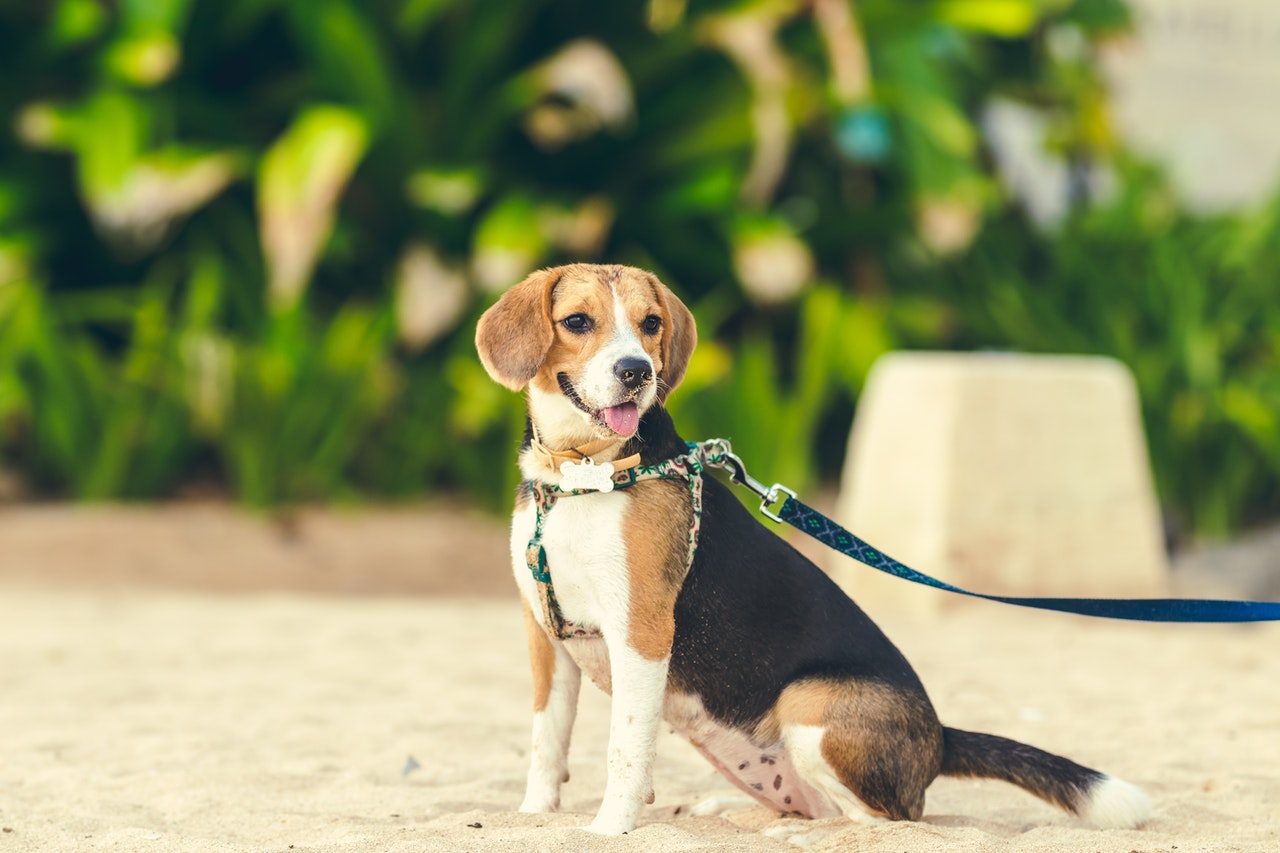Whether you’re still working from home, or you’ve already returned to the office, the pandemic has caused workplace chaos around the globe. But one company, Bark, a pet care brand based in New York, is taking a unique approach to getting employees back into the office: COVID-sniffing dogs. COVID-sniffing beagles, to be more precise. In October of 2021, the company announced its new pilot program, which would allow employees to return to the office, some for the first time in 18 long, isolating months. We’ll dive into Bark’s new program to uncover how it works, why Bark decided to use dogs, and where you can learn more.

How dogs are paving the way for COVID detection
Partnering with the Florida International University’s Detection Dog Program, dogs used in Bark’s program were trained by BioScent, a company that specializes in training medical scent detection beagles. FIU’s Detection Dog Program began in 1998. Dogs were initially trained to detect evidence in fire investigations, but training later included drugs, biological materials like mold, human scents, explosives, and even money. Now trained to detect COVID-19, a team of executives — and sniffer dogs — traveled to New York City for a demonstration.
How do Beagles report COVID-19?
The test is simple as demonstrated by members of BioScent and FIU, who worked alongside Noel and Buddy, two of the program’s COVID-sniffing dogs. Far less invasive than a nasal swab, the test works like this: The dogs walk past employees, and if someone is infected with COVID-19, the dogs sit down. (We’re thrilled to report that, according to Noel and Buddy, none of Bark’s employees at their New York City office were infected with the COVID-19 virus.)

Kenneth G. Furton, chief operating officer, provost, and executive vice president of Florida International University says, “When COVID-19 first became an issue, we decided to retrain these dogs.” Beginning with a team of two dogs (and quickly adding two others), FIU conducted double-blind studies to find out whether or not dogs could differentiate between COVID-positive samples and COVID-negative samples. The results were astounding. While COVID-19 PCR and antigen tests are highly accurate, properly trained dogs have a higher accuracy rating — an impressive 98%. Once trained in COVID detection, the dogs are able to identify the virus before it shows up on a PCR test.
Why Beagles?
With more scent receptors than humans and all but two other breeds, only Bloodhounds and Basset Hounds have keener olfactory senses than Beagles, they are the perfect choice for medical detection work. While a Bloodhound’s nose is incredibly accurate, the breed is large and notoriously stubborn. Basset Hounds, on the other hand, are more likely to cuddle than work. Additionally, the olfactory area of a Beagle’s brain is roughly 40 times larger than that of a human’s, which means a beagle’s sense of smell is thousands of times more powerful than ours. And their amazing sense of smell isn’t the only reason beagles are a great fit for the job.
Small, personable, and easy to train, Beagles are effective and on-task without making humans feel threatened, like police dogs — commonly German Shepherds, Bloodhounds, Labrador Retrievers, and Belgian Malinois — sometimes can. A large, intimidating breed can be more of a hindrance than an asset when it comes to the science of COVID detection. Many people are frightened of large dogs, but Beagles are good-natured and docile. (Unfortunately, the breed’s inherent sweetness and small size also make Beagles one of the most popular subjects used in animal testing.)

The future of COVID-sniffing dogs
As of now, no national certification for using COVID-sniffing dogs exists, but Furton plans to work with the CDC and airport authorities to develop testing protocols that could drastically reduce the spread of COVID-19 in heavily-trafficked locations like airports. For example, airport employees flagged as positive by these clever pups may be sent home until they receive a negative PCR test. (But this is pure speculation for the time being.) With experts saying that COVID-19 will soon become endemic, you may see these adorable sniffer dogs in an airport near you. For more information on Bark’s pilot program, check out their website. You can also visit the BioScent and the Florida International University’s Detection Dog Program websites.




